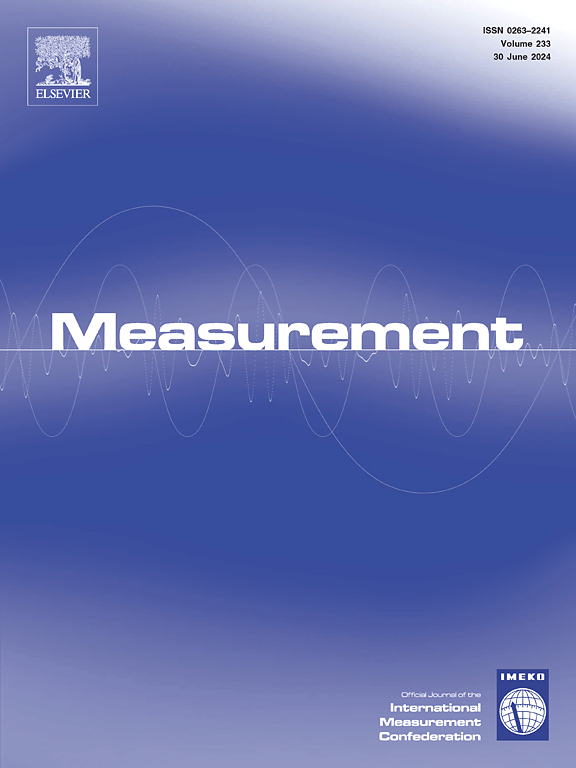A study on black screen fault detection of single-phase smart energy meter based on random forest binary classifier
IF 5.6
2区 工程技术
Q1 ENGINEERING, MULTIDISCIPLINARY
引用次数: 0
Abstract
The intricacies surrounding the induction of black screen faults in smart watt-hour meters pose a significant challenge, particularly given the vast amount of data training samples and the absence of a robust decision correlation process. To address this, a real-time detection method for black screen faults in single-phase intelligent watt-hour meters is proposed, utilizing a random forest two-classifier approach. This method identifies the black screen fault feature by calculating the entropy value of the relevant attributes and selecting those with higher entropy. The attribute data is then discretized using an equidistant division method. A training sample set for black screen fault detection is constructed based on the bagging method, and decision trees are subsequently built and tailored to the identified fault characteristics. Each tree selects the optimal attribute for branching, which ultimately leads to the development of a second random forest classifier. This classifier employs a majority voting method as its decision rule, effectively delivering black screen fault detection results for single-phase smart meters. Notably, the experimental outcomes demonstrate the accuracy of this approach, as it achieved a remarkably low error rate of only 15 out of 1800 black screen fault test samples.
基于随机森林二元分类器的单相智能电能表黑屏故障检测研究
智能电能表黑屏故障的诱导过程错综复杂,尤其是考虑到大量的数据训练样本和缺乏稳健的决策相关过程,这对智能电能表的检测提出了巨大挑战。为此,我们提出了一种利用随机森林双分类器方法对单相智能电能表中的黑屏故障进行实时检测的方法。该方法通过计算相关属性的熵值并选择熵值较高的属性来识别黑屏故障特征。然后使用等距分割法将属性数据离散化。根据袋集方法构建黑屏故障检测的训练样本集,然后建立决策树,并根据识别出的故障特征进行调整。每棵树选择最优属性进行分支,最终形成第二个随机森林分类器。该分类器采用多数投票法作为其决策规则,有效地为单相智能电表提供了黑屏故障检测结果。值得注意的是,实验结果证明了这一方法的准确性,因为在 1800 个黑屏故障测试样本中,它的错误率极低,仅为 15 个。
本文章由计算机程序翻译,如有差异,请以英文原文为准。
求助全文
约1分钟内获得全文
求助全文
来源期刊

Measurement
工程技术-工程:综合
CiteScore
10.20
自引率
12.50%
发文量
1589
审稿时长
12.1 months
期刊介绍:
Contributions are invited on novel achievements in all fields of measurement and instrumentation science and technology. Authors are encouraged to submit novel material, whose ultimate goal is an advancement in the state of the art of: measurement and metrology fundamentals, sensors, measurement instruments, measurement and estimation techniques, measurement data processing and fusion algorithms, evaluation procedures and methodologies for plants and industrial processes, performance analysis of systems, processes and algorithms, mathematical models for measurement-oriented purposes, distributed measurement systems in a connected world.
 求助内容:
求助内容: 应助结果提醒方式:
应助结果提醒方式:


